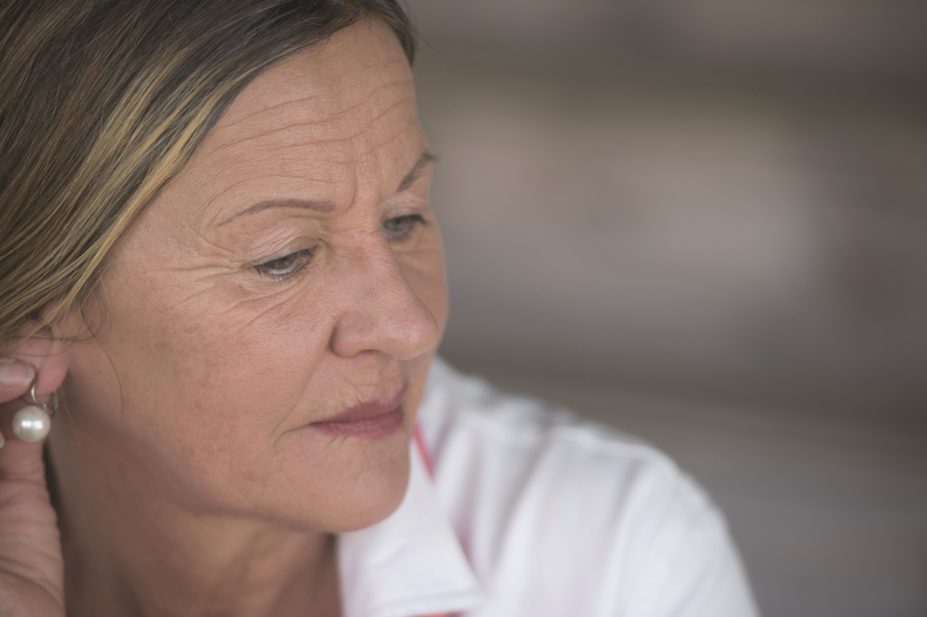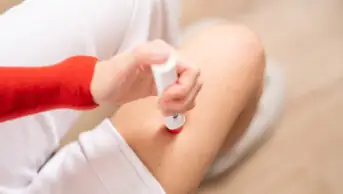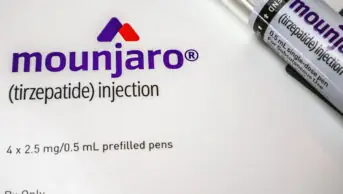
Shutterstock.com
The US Food and Drug Administration (FDA) has approved dehydroepiandrosterone (DHEA) (Intrarosa; Endoceutics) for the treatment of vulvovaginal atrophy (VVA) in postmenopausal women.
The once-daily treatment, delivered as a vaginal insert, is intended to alleviate moderate or severe pain during sexual intercourse, one of VVA’s most common symptoms.
VVA is caused by the decline in oestrogen production following menopause which results in dryness and thinning of vaginal tissue. It is thought to affect around 50% of postmenopausal women and the prevalence may be higher in those who have also undergone hormonal treatment for breast cancer.
DHEA, levels of which also decline after menopause, can be converted by the body into oestrogen and, in clinical trials of the suppository, treatment was shown to result in increased local oestrogen formation. DHEA is also known as prasterone.
The phase III trials involved 406 postmenopausal women aged 40–80 years who reported moderate-to-severe pain during sex as their most bothersome VVA symptom. After 12 weeks of treatment, those who received the treatment had a significant decline in the severity of pain during intercourse compared with those who received placebo.
The drug is the first treatment containing DHEA to be approved by the FDA. However, the regulator notes that although DHEA is included in some dietary supplements, its efficacy and safety has not been established in any other conditions.


